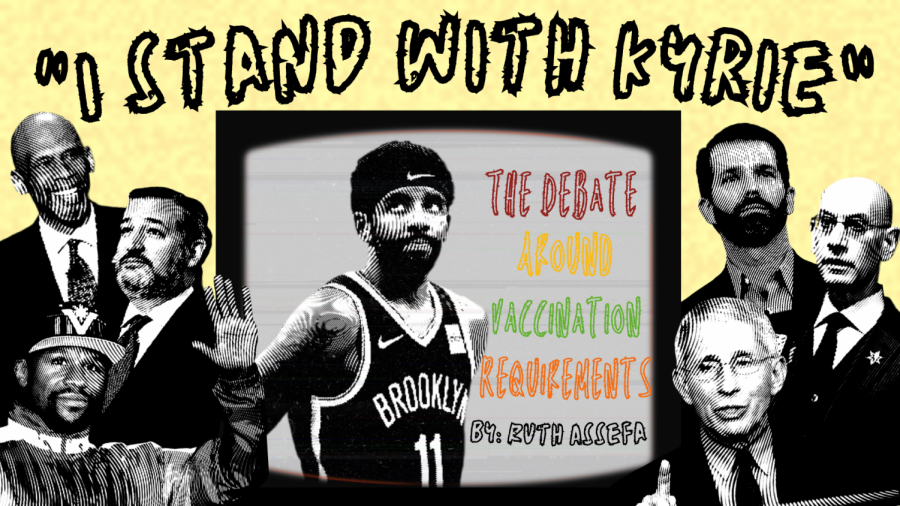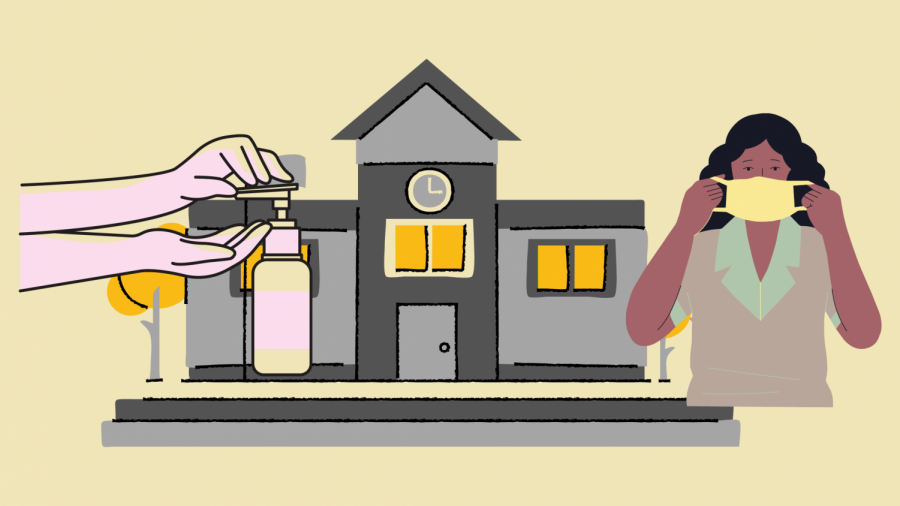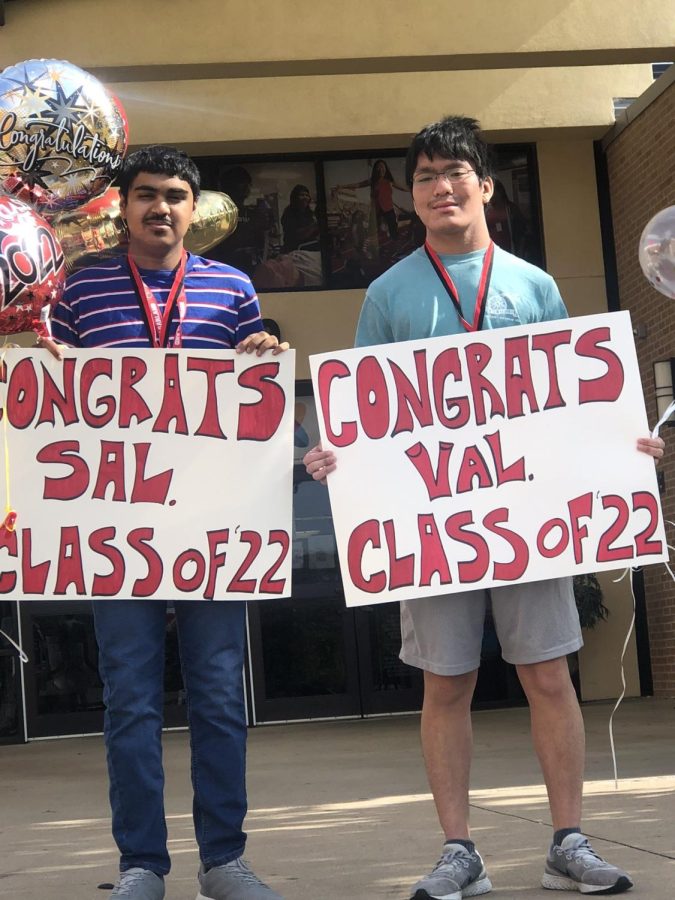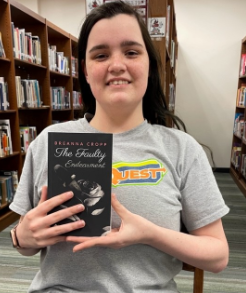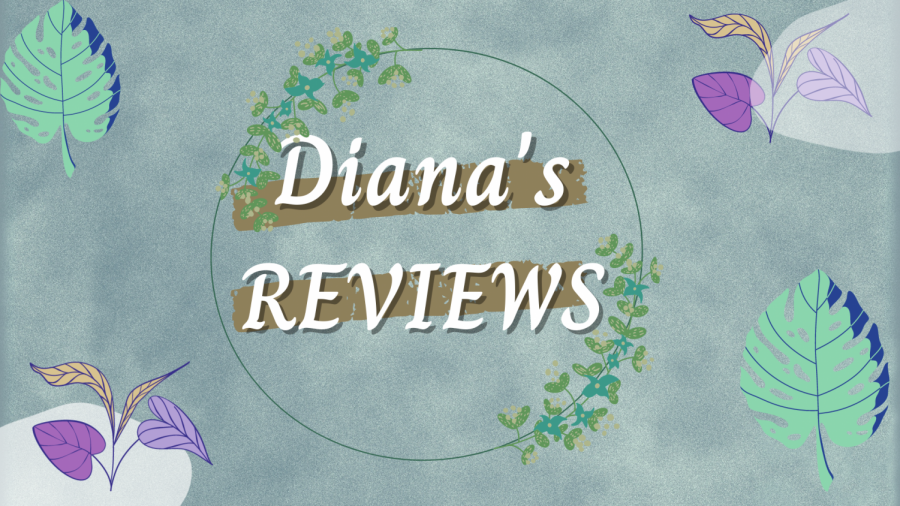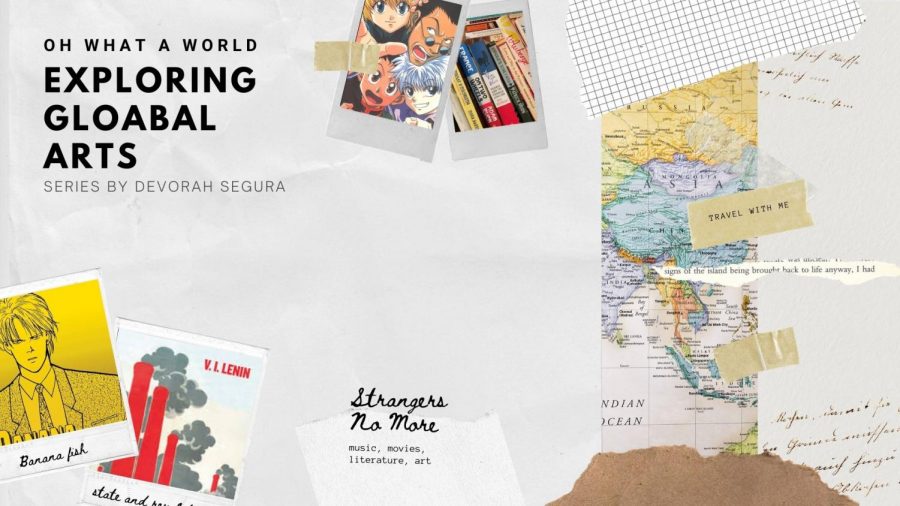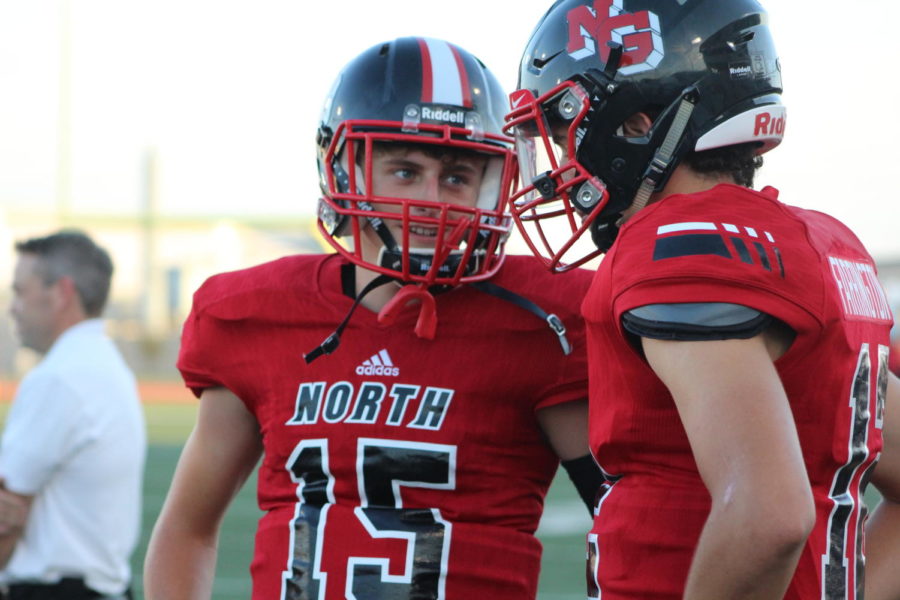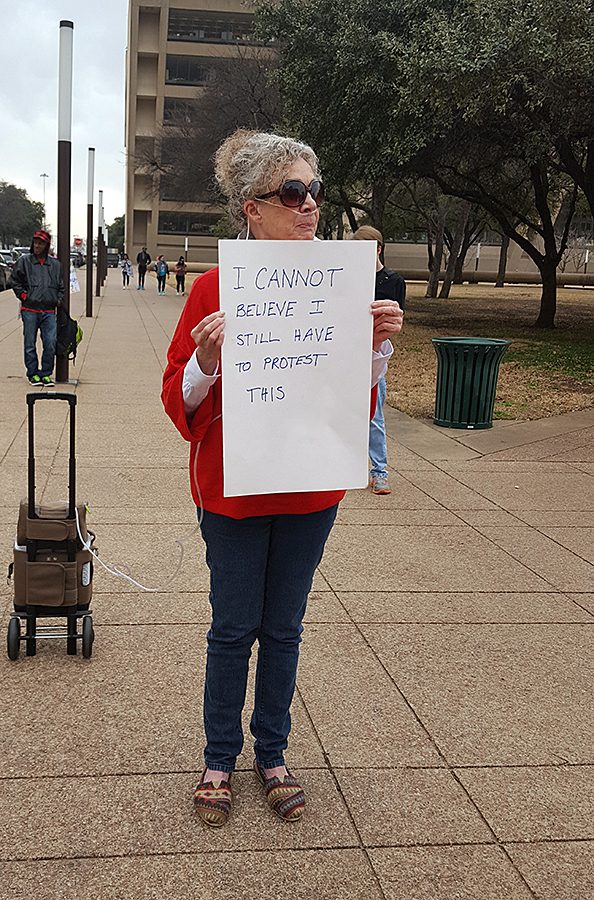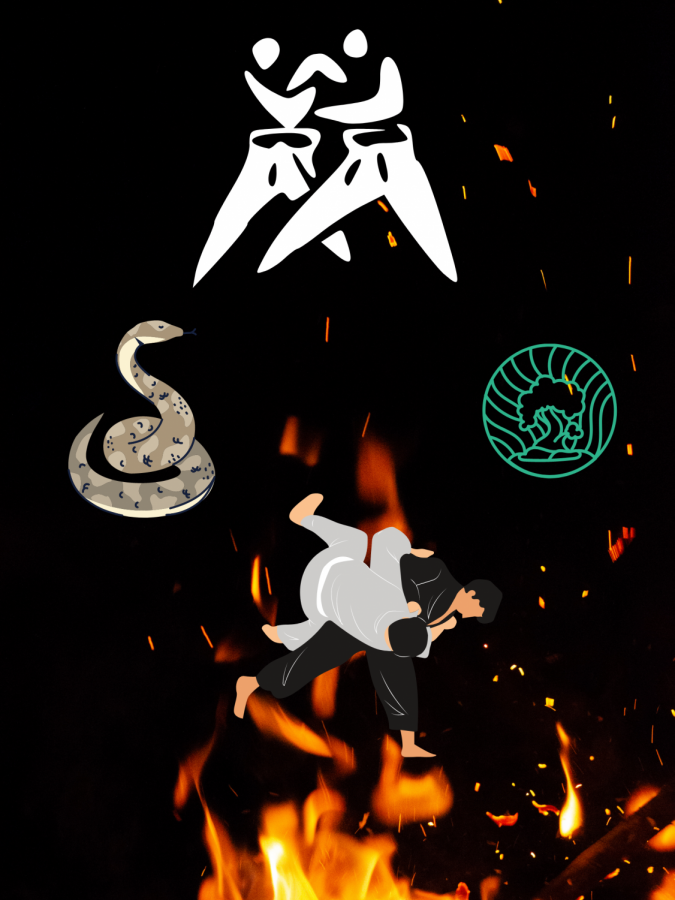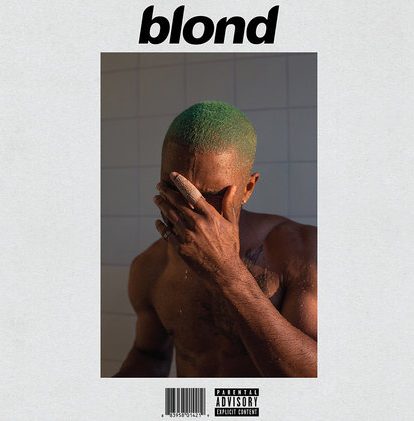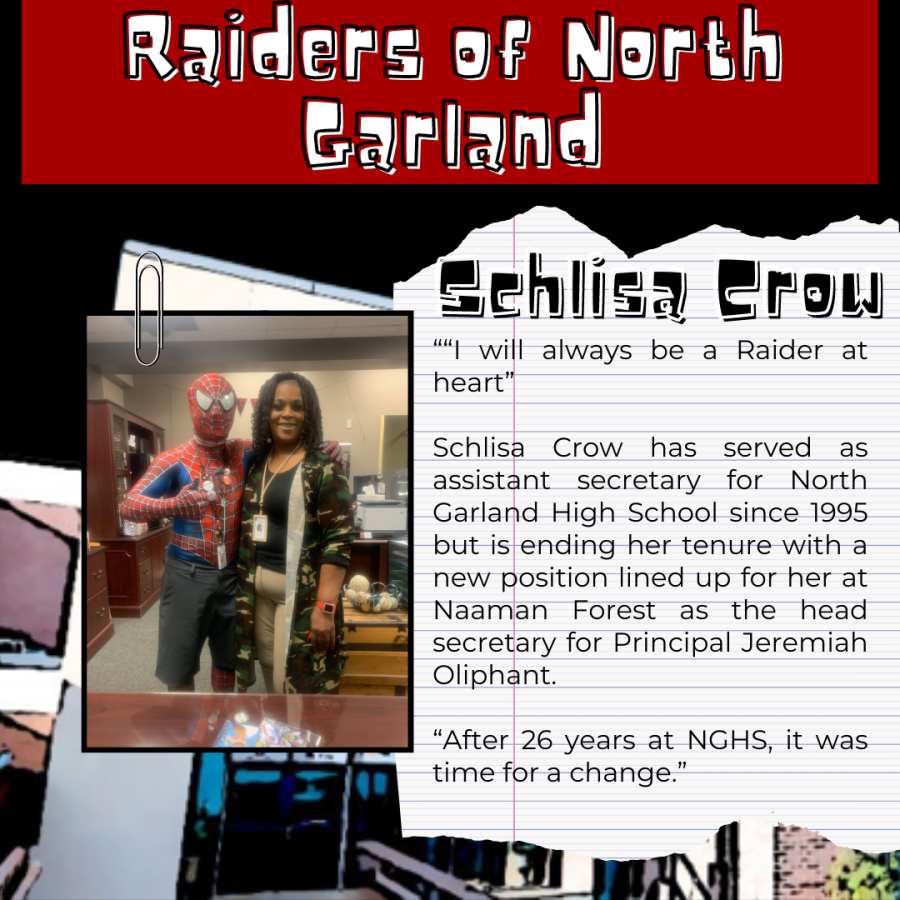Colorblinded by love
February 26, 2015
Heads turned and stared as a new couple stepped through the door of the old grocery store. A feeling of discomfort edged its way into the couple as stares of disapproval and surprise followed their every move as they grabbed a few bottles of water, checked out, and left the store.
Because of his choice in marrying an African-American woman, AP U.S. History teacher Jesse Blankenship has dealt with similar reactions to his interracial marriage ever since he was first married. However, he and his wife have been happily married since June 27, 2009.
“Modern day is much more laid back,” Blankenship said. “Occasionally we will get a frown of disapproval, but that’s really kind of rare. Most people don’t care. I think there is a huge difference between forcing people to accept you and allowing folks to take you or not. So, to be left alone is pretty nice, but most people are very nice to us. There’s not really a lot of discrimination.”
Blankenship met his wife at a church meeting and although it took him a while to get up the nerve to ask her out, once he did, he said they were simply off to the races.
“I was just standing there, doing worship when someone tapped me on the shoulder and said ‘hey, can I sit here?’” Blankenship said. “I looked at her and did a double-take and went, ‘Uh, sure!’ I consider myself very lucky for meeting her that day.”
Although their marriage has been mainly good-will and support from others, Blankenship said that there have been a few instances in which they have gotten blatant discrimination due to their interracial status.
“There was one instance, we were in a restaurant where we just got terrible service,” Blankenship said. “Other people would walk in after us and they got service and there were smiles and people checking to see how things were going, but we were like, ignored even though we’d gotten there earlier. But this was strange because our server was actually African American. So it’s just as likely that you will get negative feedback from blacks as well as whites.”
However, occurrences like these are few and far between. Blankenship said that the cost of interracial marriage now is not very noticeable when compared to the history of black discrimination. Both of his parents supported their relationship, and his youngest son from his first marriage was his best man. He said it is possible that their marriage changed some people’s opinions of them, but most people don’t share those things with them directly.
“I want to make one important point though,” Blankenship said. “Here’s the thing that I realized: On one fine day, when I was out in the country in a place that I would normally be very, very weary of, I stopped at a gas station and got filled up. The people there were just as nice as pie – ‘Hey, now y’all come back!’ etc., etc.”
Blankenship said that he didn’t even think about it at first, but all of a sudden, as he was pulling away, it just occurred to him that had his wife been with him, he probably would not have gotten service at all. He said that the injustice of that made him angry in a way he couldn’t even explain.
“Because of the injustice of it all, now I realized; this is what people have been going through for hundreds of years, only, a lot worse than this,” Blankenship said. “And yet, I didn’t have to go through it just because of the way that I looked. I think I learned something that most people who look like me never get a chance to learn: when you’ve been a victim over a long period of time, you can’t just get over it. Even if you weren’t the victim directly, even if it was someone you loved, someone you were related to, that stuff [beats you] down. So it’s a little more complicated than, ‘Can’t we all just get along.’ There has to be some healing of the past in the context of now.”


